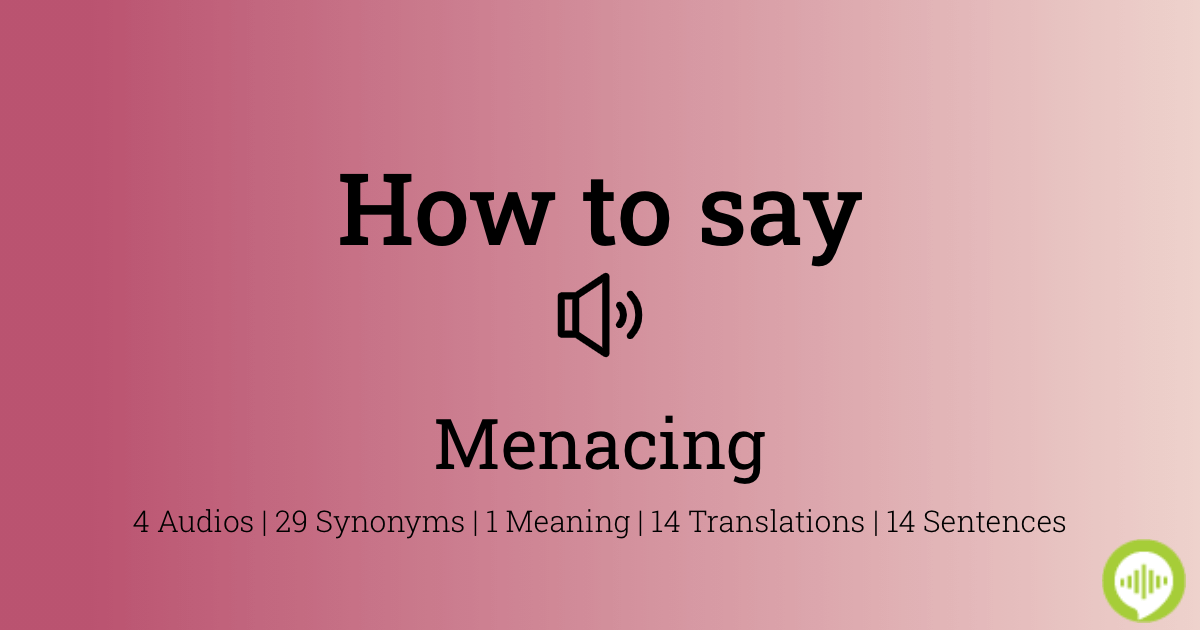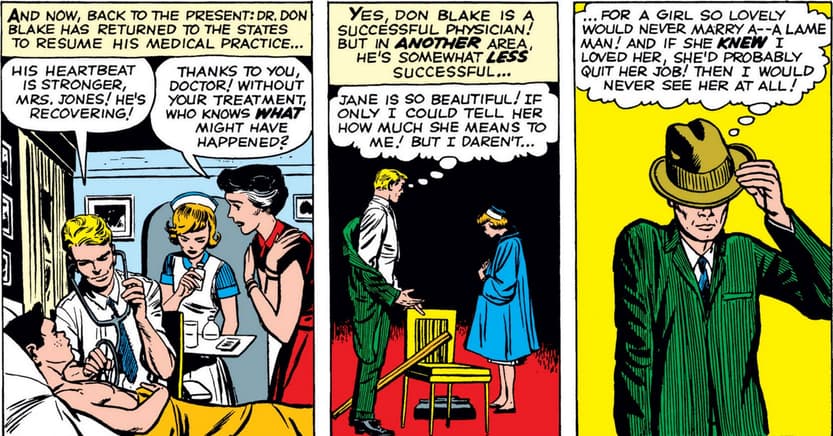The meaning of follow-up in intensive care: patients' perspective.
Por um escritor misterioso
Descrição
The study corroborated earlier research that found that patients seek to understand experiences they have undergone and found that the diary as text and photos, in addition to conveying care and love, is important to induce postexperience reflections. The growing understanding of correlations between experiences and memories from a period of intensive care treatment and complaints of mental character has led to the development of various patient follow-up offers. Little, however, is known about what follow-up may mean to patients. The aim of this study was to explore the meaning of patients' lived experience of being followed-up in a programme consisting of patient diaries, post-intensive care unit (ICU) conversations and visits back to the ICU. Field notes were made from encounters with patients (n = 10) during follow-up. Then they were interviewed twice, at about 6 months (n = 8) and at about 18 months (n = 6) after discharge from hospital. The first interview focused on the patients' experience during intensive care and on their reflections on the experience. The second interview had a particular focus on the meaning for each individual of the sources for understanding that they had been offered. The data was analysed by using a hermeneutic-phenomenological approach. The study corroborated earlier research that found that patients seek to understand experiences they have undergone. They search for meaning in experiences and memories. It is realized that the diary as text and photos, in addition to conveying care and love, is important to induce postexperience reflections. It provided guideposts that follow-up conversations could pursue in the patient's quest for meaning. The conversation also provided an opening for, and could in itself be essential to, the patient's willingness to talk about experiences. It allowed the nurse to accompany the patient in his quest for meaning. The return visit appeared to be significant in the patient's quest for meaning. It was via 'feeling' the room that 'things' fell into place. The study is important in elucidating aspects that are beneficial in the patient's follow-up and which lay the basis for further development of existing and new follow-up offers.
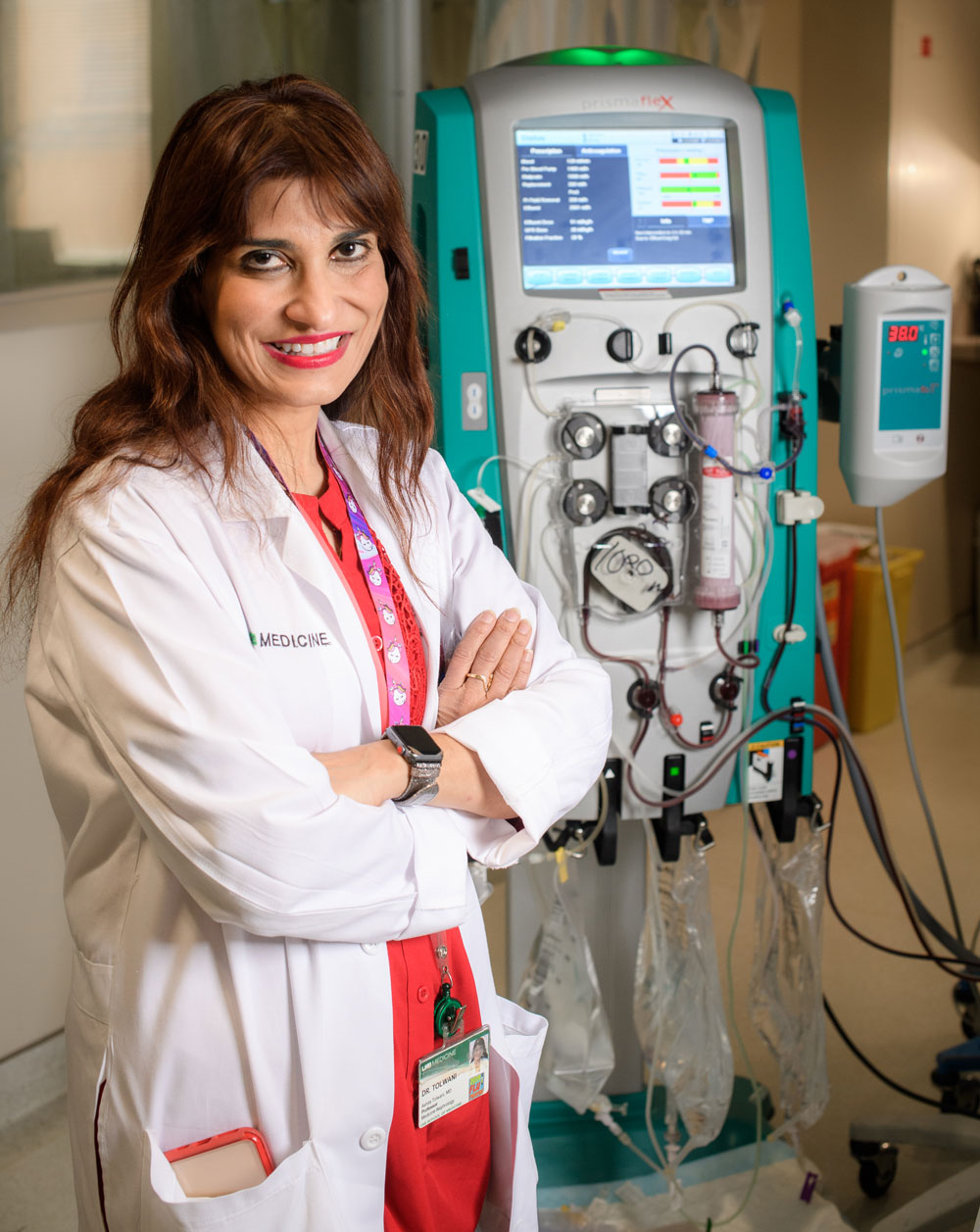
CRRT dialysis in the ICU — what patients and families want to know - The Reporter
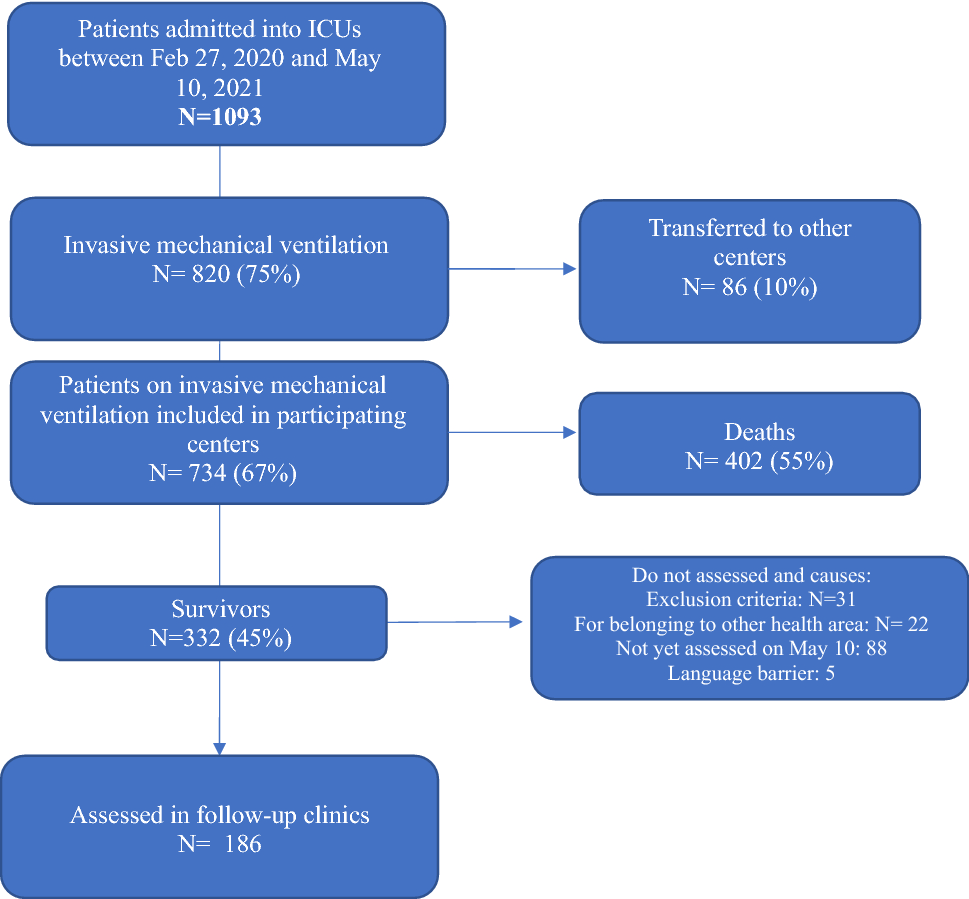
Prevalence of post-intensive care syndrome in mechanically ventilated patients with COVID-19
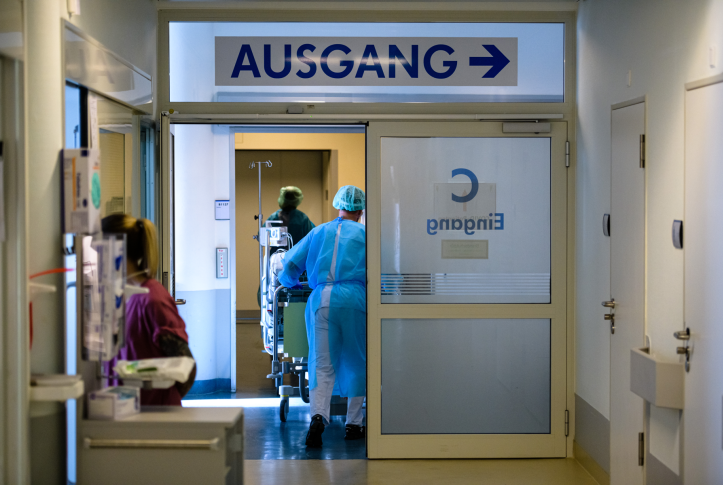
U.S. Health Care from a Global Perspective, 2022

How to use ChatGPT as a learning tool

Conversing with High-Risk Patients to Determine Serious Illness Goals and Values in the Time of Covid-19
:max_bytes(150000):strip_icc()/GettyImages-895087964-7949e17fa32f4dd88d1c3b43f94b1d13.jpg)
Palliative Care: Definition, Scope, Treatment, Criteria

RETRACTED: 6-month consequences of COVID-19 in patients discharged from hospital: a cohort study - The Lancet

10 Main Importance of Patient Follow Up - Drlogy
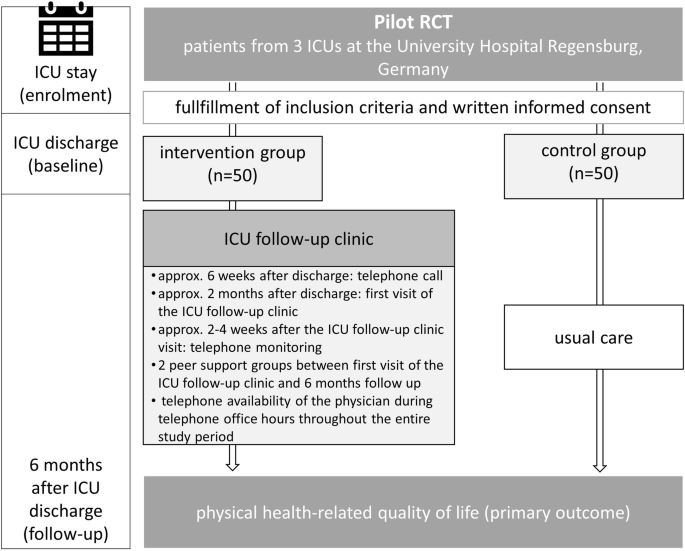
Piloting an ICU follow-up clinic to improve health-related quality of life in ICU survivors after a prolonged intensive care stay (PINA): study protocol for a pilot randomised controlled trial

Introduction to Daily Care Processes: Evidence Behind Spontaneous Awakening Trials, Spontaneous Breathing Trials, and Head of Bed Elevation: Slide Presentation
de
por adulto (o preço varia de acordo com o tamanho do grupo)
